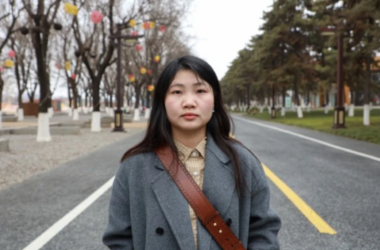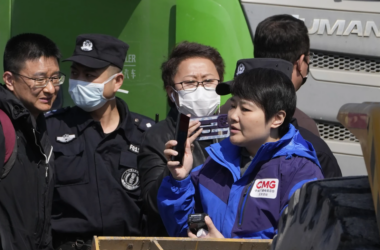Denmark’s Health Minister, Magnus Heunicke, has come under intense scrutiny after suggesting a controversial plan to offer women in Greenland long-acting reversible contraceptives (LARCs), specifically the contraceptive coil, without their consent. This proposal has sparked outrage and debate, raising concerns about autonomy, consent, and the relationship between Denmark and its autonomous territory.
Greenland, a vast island territory within the Kingdom of Denmark, has a predominantly Inuit population. The history of colonization and marginalization of Indigenous peoples in Greenland by Denmark has left deep scars and heightened sensitivities around issues of autonomy and self-determination.
Heunicke’s proposal, which he described as a measure to reduce the high rate of unplanned pregnancies and abortions in Greenland, has been met with strong opposition. Critics argue that such a policy would violate women’s rights to make decisions about their own bodies and reproductive health.
The controversy highlights broader issues of colonialism, cultural insensitivity, and the need for meaningful engagement with Indigenous communities. It also underscores the importance of ensuring that policies and interventions are culturally sensitive, respectful of autonomy, and based on meaningful consultation and consent.
In response to the backlash, Heunicke has stated that the proposal was not intended to be mandatory but rather to offer women in Greenland more choices regarding their reproductive health. However, the lack of consultation with Greenlandic women and leaders has fueled criticism that the proposal was paternalistic and dismissive of Indigenous perspectives.
The situation has also drawn attention to broader issues of healthcare access and reproductive rights in Greenland. Despite being part of the Kingdom of Denmark, Greenland faces unique challenges, including limited healthcare infrastructure and resources. Improving access to healthcare and reproductive services in Greenland requires a nuanced approach that takes into account the territory’s specific needs and challenges.
As the debate continues, it is clear that any efforts to address reproductive health issues in Greenland must be grounded in principles of respect, autonomy, and meaningful consultation with affected communities. The controversy serves as a reminder of the complexities of addressing healthcare disparities in Indigenous communities and the importance of approaching these issues with sensitivity and humility.








